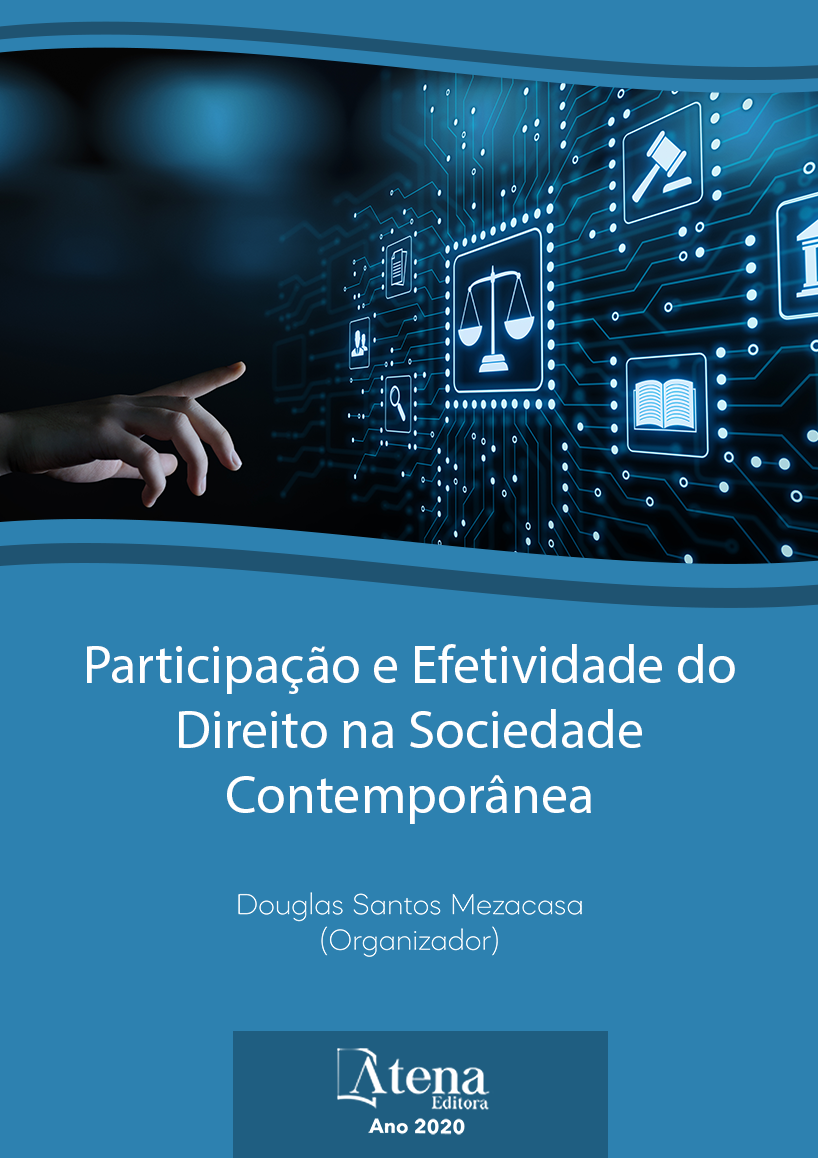
A POPULAÇÃO LGBTI+ E A PERSPECTIVA DO TRABALHO DECENTE NO BRASIL: OS DESAFIOS PARA A INCLUSÃO DE TRAVESTIS E TRANSEXUAIS NO MERCADO DE TRABALHO FORMAL
A profissionalização e o exercício de trabalho decente pela população LGBTI+ (lésbicas, gays, bissexuais, transexuais, travestis e intersexuais - o símbolo "+" diz respeito à inclusão de outras orientações sexuais, identidades e expressões de gênero) são temas de premente necessidade de inserção nas políticas públicas nacionais. Visa-se nesta pesquisa, assim, discutir a realidade laboral desta população, especialmente de travestis e de transexuais, no Estado Democrático de Direito, mediante a concretização da dignidade da pessoa humana, do valor social do trabalho e da promoção do bem de todos, "sem preconceitos de origem, raça, sexo, cor, idade e quaisquer outras formas de discriminação" (art. 3º, inciso IV da Constituição Federal brasileira), combinando com o disposto na Convenção nº 111 da Organização Internacional do Trabalho (OIT). O objetivo geral desse estudo, então, é investigar a inclusão de travestis e transexuais no meio formal de trabalho e emprego, configurando como objetivos específicos a realização dessa averiguação à luz dos direitos humanos e dos direitos sociais fundamentais positivados no ordenamento jurídico nacional e estrangeiro. Optou-se pela pesquisa bibliográfica como método de trabalho, com compilação e revisão de material acerca do assunto proposto. Percebe-se, como resultado parcial dessa análise que a igualdade de oportunidades no contexto capitalista se inicia pelo emprego e pela justa remuneração; sem isto, as condições de sobrevivência digna do indivíduo ficam comprometidas. Destarte, infere-se que a efetivação do direito humano ao trabalho decente para a população LGBTI+, sobretudo para aqueles indivíduos que modificaram sua identidade de gênero, é um grande desafio no Brasil e requer maior atuação estatal e da sociedade civil para superação desse quadro.
A POPULAÇÃO LGBTI+ E A PERSPECTIVA DO TRABALHO DECENTE NO BRASIL: OS DESAFIOS PARA A INCLUSÃO DE TRAVESTIS E TRANSEXUAIS NO MERCADO DE TRABALHO FORMAL
-
DOI: 10.22533/at.ed.2372019068
-
Palavras-chave: Trabalho decente. População LGBTI+. Direitos humanos fundamentais.
-
Keywords: Decent work. LGBTI + population. Fundamental human rights.
-
Abstract:
The professionalization and the exercise of decent work by the LGBTI + population (lesbians, gays, bisexuals, transsexuals, transvestites and intersexuals - the "+" symbol refers to the inclusion of other sexual orientations, identities and gender expressions) are pressing issues for insertion in national public policies. This research aims, therefore, to discuss the labor reality of this population, especially of transvestites and transsexuals, in the Democratic State of Law, through the realization of the dignity of the human person, the social value of work and the promotion of the good of all, "without prejudice of origin, race, sex, color, age and any other forms of discrimination" (Article 3, item IV of the Brazilian Federal Constitution), in line with the provisions of Convention No. 111 of the International Labor Organization (ILO). The general objective of this study, then, is to investigate the inclusion of transvestites and transsexuals in the formal environment of work and employment, configuring as specific objectives the accomplishment of this investigation in the light of human rights and fundamental social rights established in the national and foreign legal system. Bibliographic research was chosen as the working method, with the compilation and review of material on the proposed subject. It can be seen, as a partial result of this analysis, that equal opportunities in the capitalist context begin with employment and fair remuneration; without this, the individual's dignified survival conditions are compromised. Thus, it appears that the realization of the human right to decent work for the LGBTI + population, especially for those individuals who have changed their gender identity, is a major challenge in Brazil and requires greater action by the state and civil society to overcome this situation.
-
Número de páginas: 13
- Juliane Caravieri Martins
- Taciana Cecília Ramos


